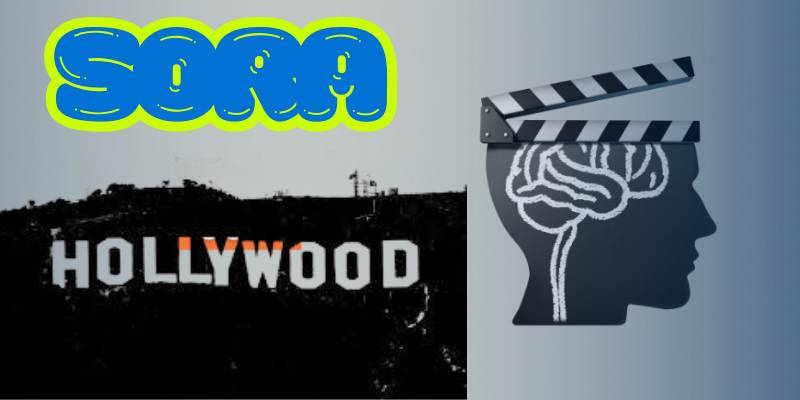It’s been brewing for months, but this week the clash finally spilled into the open — Hollywood versus the machines.
The powerhouse talent agency CAA has sounded the alarm, warning that OpenAI’s Sora, the company’s buzzy video-generation tool, poses a “real and present” risk to creators’ rights.
In a recent statement, the agency said the tech’s uncanny ability to mimic cinematic style and human likeness could destabilize an entire creative economy built on ownership, credit, and consent.
Honestly, it was only a matter of time. Imagine you spend years perfecting your craft — lighting, performance, storytelling — and then an algorithm whips up something that looks eerily like your work, in thirty seconds flat.
That’s not innovation; that’s identity theft with better branding. Even Disney and Warner Bros. have refused to license content to OpenAI, joining a growing list of studios saying “no thanks” to automated artistry.
Of course, OpenAI’s response has been measured. Executives have claimed Sora is a “tool for creativity, not a replacement for it.”
The company even teased new copyright-friendly systems that track AI-generated clips, a kind of digital watermarking on steroids.
Yet, the skepticism runs deep — and not just in Hollywood. In Europe, policymakers have already drafted stricter disclosure rules for AI-generated media, while filmmakers at Cannes were whispering that “AI cinema” might be the next black-mirror frontier nobody asked for.
Still, you can’t deny the allure. When OpenAI’s Sora app crossed a million downloads within days of release, it wasn’t because people wanted to destroy art.
It was because, for a brief moment, they felt empowered to make it — no million-dollar camera rig, no studio gatekeeper.
That’s the seductive promise of these tools: creative freedom for everyone, chaos for the system.
Yet, freedom isn’t free. Some cybersecurity experts recently warned that these AI video platforms are fast becoming a “scammer’s goldmine.”
Deepfake schemes are multiplying, with criminals using hyper-realistic Sora clips to fake endorsements, political statements, even ransom videos.
Reports this week revealed just how quickly the tech can be twisted into misinformation — an uncomfortable reminder that artistry and abuse often share the same brush when technology outpaces ethics.
And let’s not forget the industry competition heating beneath all this drama. Google’s Veo 3.1 update is reportedly gunning straight for Sora’s territory, offering longer, smoother videos with more control over lighting, camera angles, and realism.
It feels less like healthy innovation and more like an arms race — who can fake the real world better, faster, cheaper?
I get it, though. Change is terrifying, but so was sound in film, or CGI in the ’90s. Hollywood survived those.
The difference now is speed — the tech’s moving so fast that legislation, ethics, even imagination itself are struggling to keep up.
Maybe that’s why CAA’s warning hits such a nerve. It’s not just about protecting celebrity likenesses or residual checks; it’s about preserving a sense of human touch in storytelling.
Here’s the truth — whether you’re a writer in Los Angeles, a visual artist in Mumbai, or just someone who loves movies that make you feel, this debate is coming to your doorstep.
Because if AI keeps learning to dream in pixels, then we all have to decide who owns those dreams.

